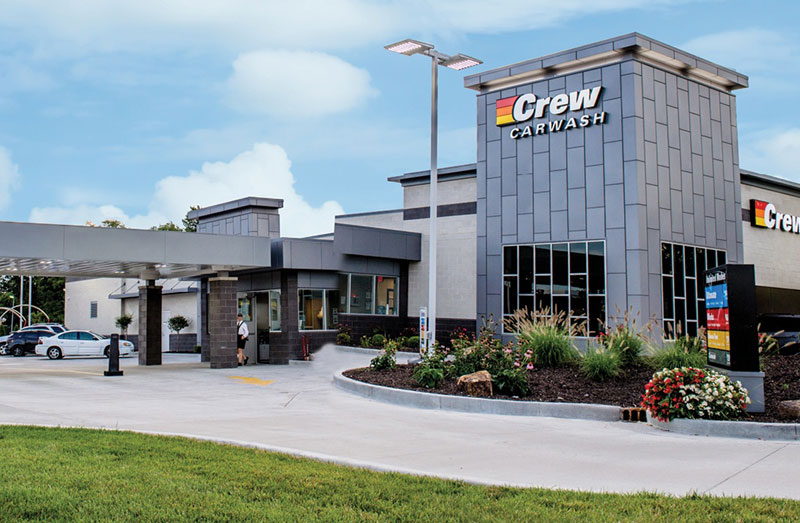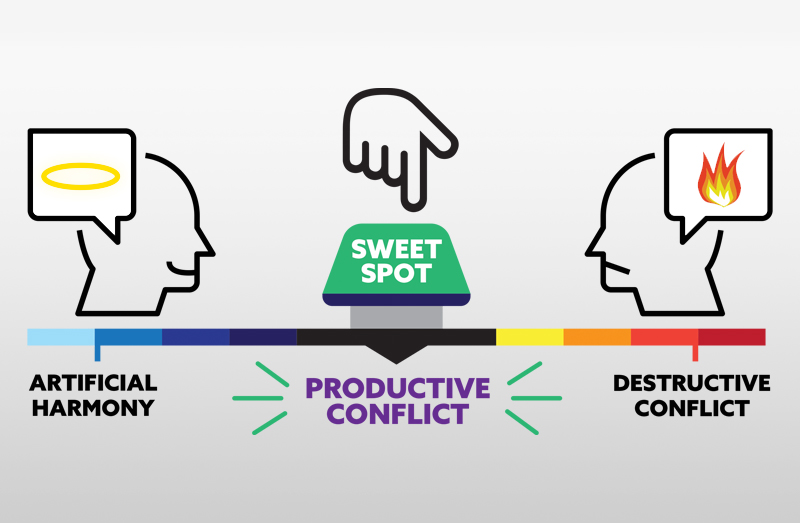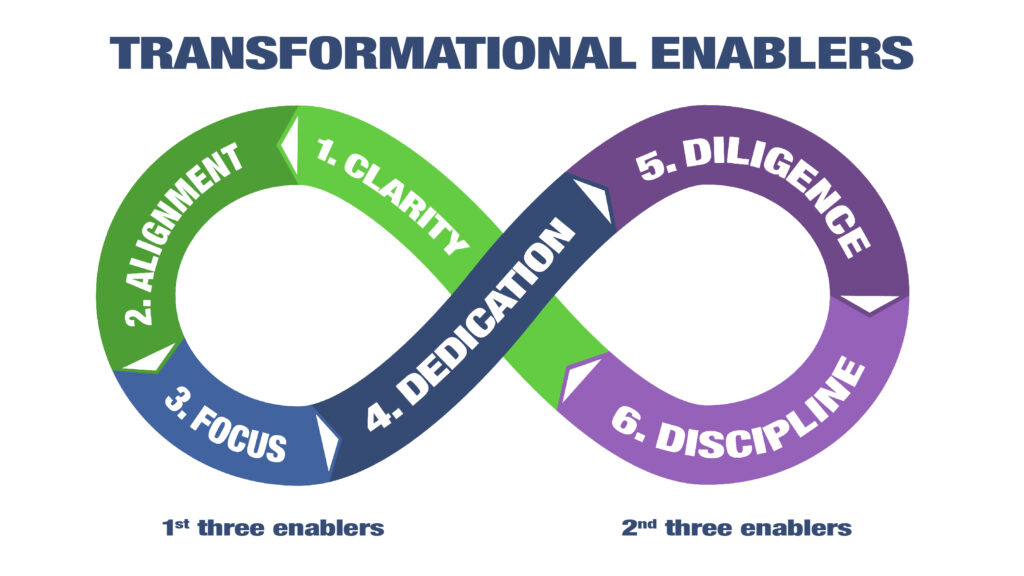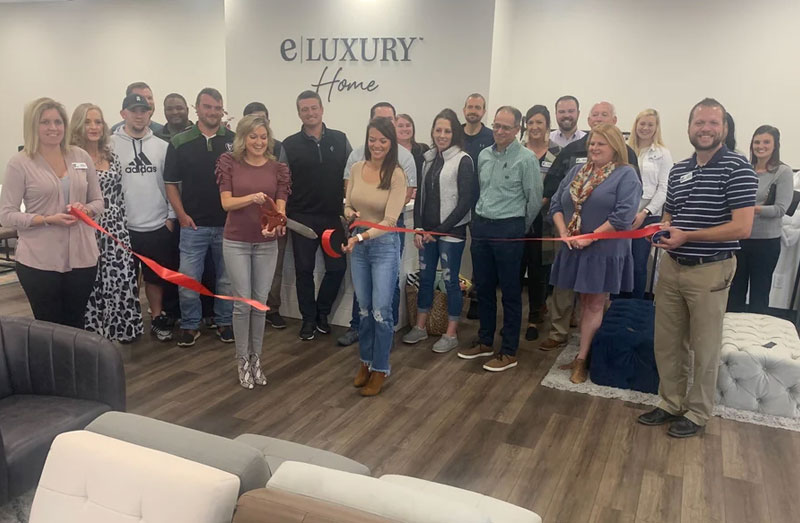Collaborative learning occurs when members of a group come together to discuss ideas and solve problems with the intention of learning. This model of learning is particularly useful when it occurs in cohorts.
What is a cohort? A cohort typically refers to a group of learners that enter a program together and remain together throughout its duration. This learning model emerged in the 1990’s as an industry standard framework for learning and development. No matter if you are virtual or in person, cohort interactive training and peer collaboration is a proven framework when it comes to the successful completion of a program of study.
Benefits
Using cohorts as a means of training in corporate America has been around for years. And there is good reason for that. Some of the benefits of cohort training include:
- Expert Instruction
Instructors most usually are subject matter experts with years of experience in the given topics. They have done the work and understand you might need further explanation in difficult areas. Having an expert at your disposal can be what makes or breaks your comprehension of complex subjects. - Critical Thinking Skills
Research has found that this learning approach can lead to increased cohort member interactions, involvement in the learning and improved critical thinking skills. There is no single course in schools that clearly and concretely teaches critical thinking skills. And critical thinking is fundamental to business success. The conclusion of a Gartner study reported that nearly 60% of HR leaders reported that building critical thinking skills and competencies is a number one priority in 2022.
- Consistent Structure
In 2021 a study revealed that 82% of people lack a time management system. So those who struggle with managing their time will benefit from the structure of a cohort approach to learning.
- Increased Accountability
A cohort learning model reinforces accountability. It is a common practice of industry-based cohort groups to participate in what is known as the “Hot Seat”. This involves that a member of the cohort must present the progress they have made on assignments or projects. The other members of the cohort assure that the reporting member doesn’t let the group down. - Improved Collaboration Skills
The ability to collaborate in the modern workplace is a critical skillset. Participating in a cohort group can strengthen communication and leadership skills through teamwork and a shared desired outcome. - Expanded Network
In today’s business environment, networking is a critical element in finding the help you need when you need it. A member of the learning cohort in an executive program may become your most trusted vendor or even better, your best customer. One never knows. At a minimum, the friendships you make while undergoing a rigorous program of study together, bonds a group together like little else.
Now let’s explore this extraordinary model of learning to set an example. The example I would like to explore is the 20k Scale Ups program currently being offered by the Scaling Up organization and certified coaches globally. The program entails the learning and application of the Scaling Up Performance Platform. The program provides a system to assure that you can answer the following questions in the affirmative:
- Are all stakeholders (employees, customers, shareholders) happy and engaged in the business: and would you enthusiastically “rehire” all of them?
- Can you state your company’s strategy simply – and is it driving sustainable growth in revenue and gross margins?
- Are all processes running without drama and driving industry-leading profitability?
- Do you have consistent sources of cash, ideally generated internally, to fuel the growth of your business?
The system (processes, tools, and techniques) that assures that those questions are answered in the affirmative typically results in double+ the rate of cash flow, triple+ the industry average profitability, a 10 times improvement in the valuation of the business and a reduction of 80% in the time it takes the top team to manage the business (operational activities).
The program utilizes the cohort learning model. All participants begin the program together. The cohort consists of a company’s executive leadership team. That may range from 3 to 8 participants per company but will never exceed 8. The cohort meets quarterly for one day of learning after a two day kick off to the program for a total of 5 Scaling Up working sessions. It also meets in between working sessions in a CEO round table format (a subgroup of top leaders for each member company) to share progress, challenges, experiences, and best practices.
Learning is enriched by this approach which provides professional instruction, peer learning and shared experiences. The opportunity for accelerated business growth is enhanced by both the program and the approach to deploying a proven performance platform resulting in extraordinary results.
If you would like to know more about participating in Cohorts or the 20,000 Scaleups Program just reach out to us. All it takes is an email or a phone call to Dr. Craig Overmyer at craigo@culturesthatwork.com, 317-506-5788 or Dan Hurley, dan@culturesthatwork.com, 810-421-8109.
Here’s to your continued growth and that of your business.
A good place to begin your quest to freedom and effective leadership skills is to take the Scaling Up Assessment.
Take 4 minutes to complete the Scaling Up Assessment to know where you stand concerning the 4 decisions you have to get right when scaling up.











